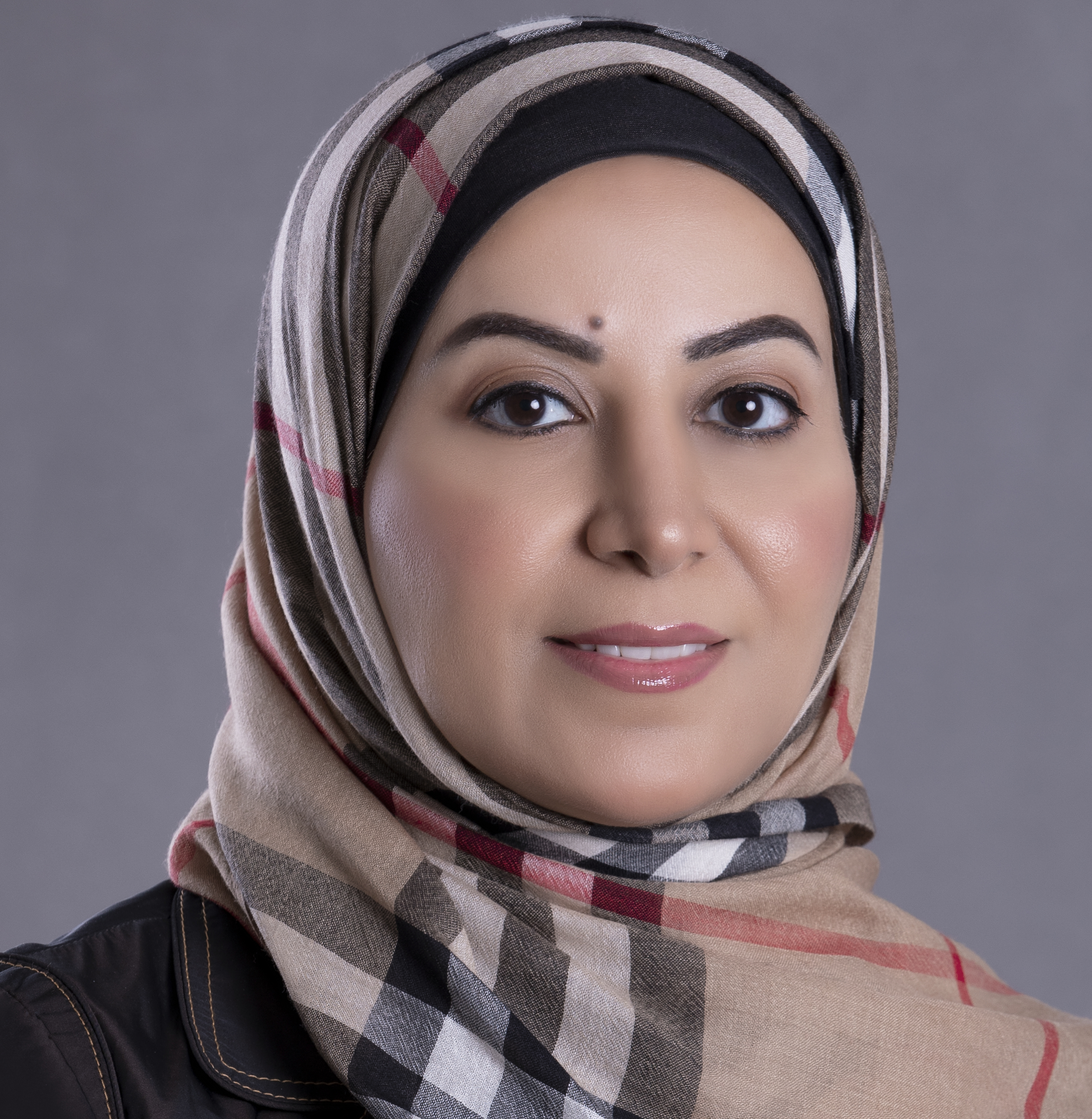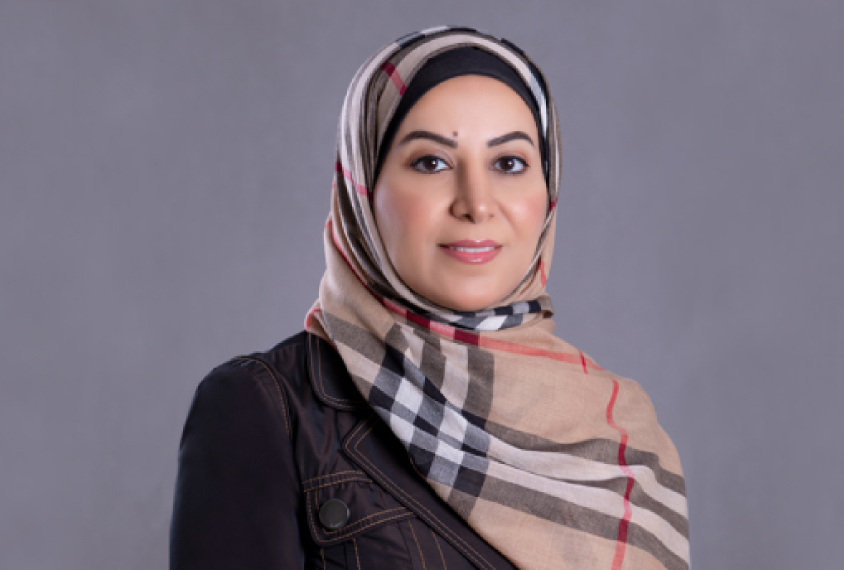Watfa Al-Mamari is a developmental pediatrician who established the first developmental pediatric clinics in Oman in 2011. She has worked closely with academic institutions to ensure that developmental pediatrics is included in the curriculum for both undergraduate and postgraduate students. She has a special interest in autism and led the team to establish a national program in Oman to screen children for autism at 18 months of age.
Al-Mamari graduated from Sultan Qaboos University in Muscat, Oman, and later did her residency and fellowship at McGill University in Montreal, Canada.

Watfa Al-Mamari
Developmental pediatrician
Sultan Qaboos University
From this contributor
How one doctor made Oman a leader on autism in the Middle East
Developmental pediatrician Watfa Al-Mamari is building an autism program in Oman from the ground up.

How one doctor made Oman a leader on autism in the Middle East
Explore more from The Transmitter
Neuro’s ark: Spying on the secret sensory world of ticks
Carola Städele, a self-proclaimed “tick magnet,” studies the arachnids’ sensory neurobiology—in other words, how these tiny parasites zero in on their next meal.

Neuro’s ark: Spying on the secret sensory world of ticks
Carola Städele, a self-proclaimed “tick magnet,” studies the arachnids’ sensory neurobiology—in other words, how these tiny parasites zero in on their next meal.
Autism in old age, and more
Here is a roundup of autism-related news and research spotted around the web for the week of 2 March.

Autism in old age, and more
Here is a roundup of autism-related news and research spotted around the web for the week of 2 March.
Lack of reviewers threatens robustness of neuroscience literature
Simple math suggests that small groups of scientists can significantly bias peer review.

Lack of reviewers threatens robustness of neuroscience literature
Simple math suggests that small groups of scientists can significantly bias peer review.